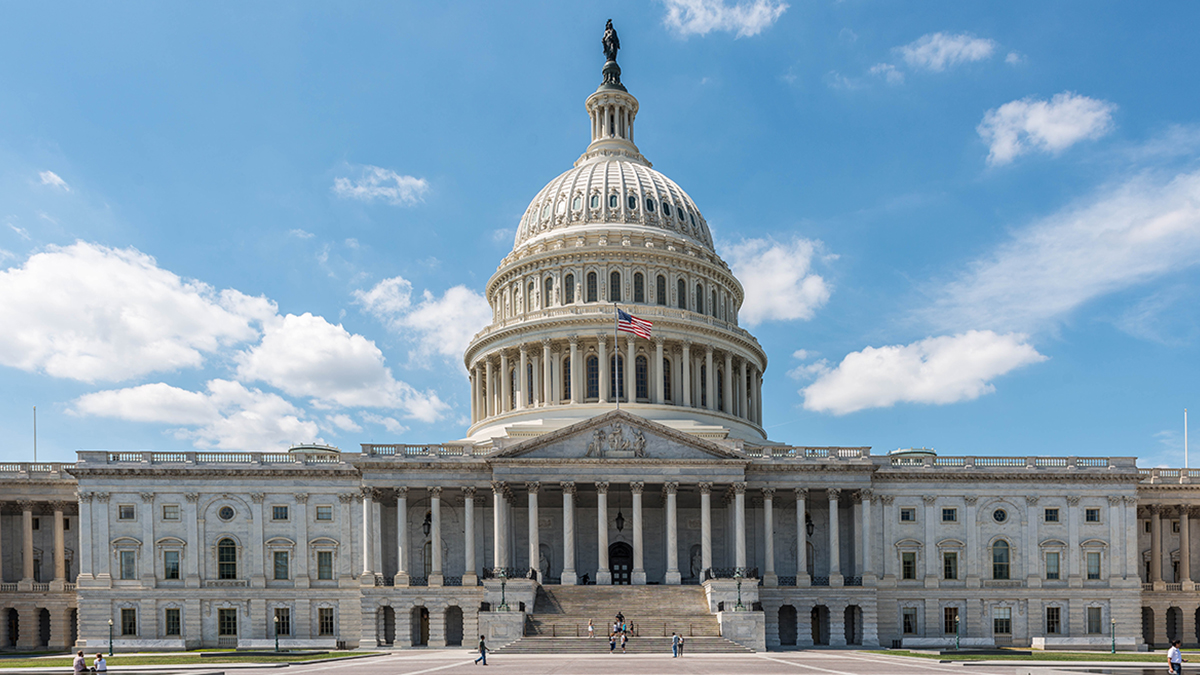Republicans in Congress block a rule to implement methane fee for oil and gas companies
President Trump recently signed a resolution to block the implementation of a fee on oil and gas companies’ excess methane emissions. The resolution blocked the Environmental Protection Agency’s (EPA) 2024 rule that implemented the fee program, which was established in the Democrats’ 2022 climate, tax, and healthcare bill, the Inflation Reduction Act (IRA).
The bill directed the EPA to establish a methane fee for major producers of oil and gas, essentially taxing fossil fuel companies for every ton of the greenhouse gas they emitted above a certain threshold. It would have set a charge on methane emissions for facilities that emit more than 25,000 tons per year of carbon dioxide equivalent. The fee started at $900 per metric ton of methane emitted in 2024, and increased to $1,200 in 2025, and $1,500 for 2026 and every year beyond.
Technically, the fee is still in the law since the 2022 legislation has not been overturned. But the methane fee program is likely to be overturned as part of a larger package that Republicans are hoping to pass in the months ahead.
The fee, had it taken effect, would have been the first-ever federal tax directly imposed on a greenhouse gas. It would have applied to roughly a third of the methane emissions that come from oil and gas infrastructure in the U.S.
Congressman August Pfluger, whose district overlaps with the Permian Basin and who wrote the measure that President Trump signed, said, “No one wants to do business when the federal government creates regulations that will put them out of business, which is what this natural gas tax is doing. In reality this rule has only stifled American energy production, discouraged investment, and increased energy prices across America.”





